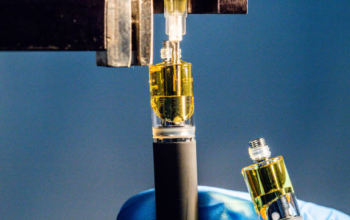These are Delta 8 THC know for tetrahydrocannabinol and the new found one on cannabis, which is named as Delta 9 THC. They both have different effects on the body, including how they affect your digestive system. Not the same effects as delta 8 vs delta 9 THC Worth It? What are Some of The Effects of Drinking Although it literally is not and should be known to cause less potent than people expect, has benefits over CBD And does this low strength make you get drunk easily even after a few drinks.
THC Delta 8: Functions of the Gastrointestinal System
When compared to Delta 9 THC, delta 8 THC is known for its milder psychoactive effects. Delta 8 THC affects appetite and may even lessen nausea when it interacts with the endocannabinoid system (ECS) in the digestive tract. According to some studies, Delta 8 THC may have antiemetic properties, making it possible to use it to manage symptoms like nausea and vomiting brought on by a variety of conditions or treatments.
THC Delta 9: Comparing Outcomes
The more well-known psychoactive cannabinoid that causes the typical high from cannabis is Delta 9 THC. Increased appetite stimulation is one of its effects on the gastrointestinal tract, which can be beneficial for people undergoing chemotherapy or experiencing loss of appetite as a result of medical conditions. However, in comparison to Delta 8 THC, Delta 9 THC may also cause stronger hunger cravings and more pronounced psychoactive effects.
Possibilities for Use in Medicine:
Both forms of THC, Delta 8 and Delta 9 have been noted to provide some therapeutic benefits related gastrointestinal issues although differing in potency or specific effects. The milder psychoactive effects of delta 8 THC that have been reported may suggest it as a better option for people to alleviate their symptoms without experiencing the overwhelming high from delta 9 THC.
Thus, we can conclude that the action of delta 8 vs delta 9 THC on ECS causes different responses in GI functions.



